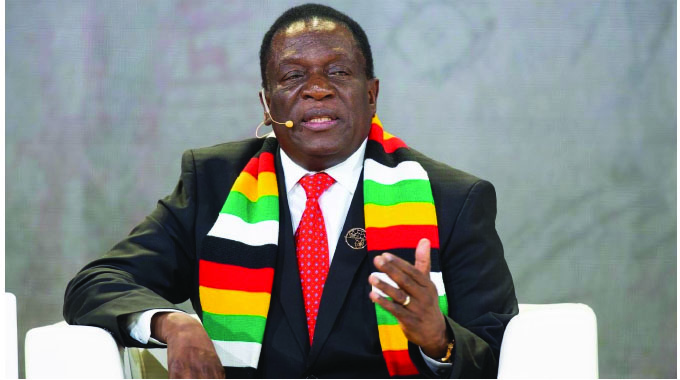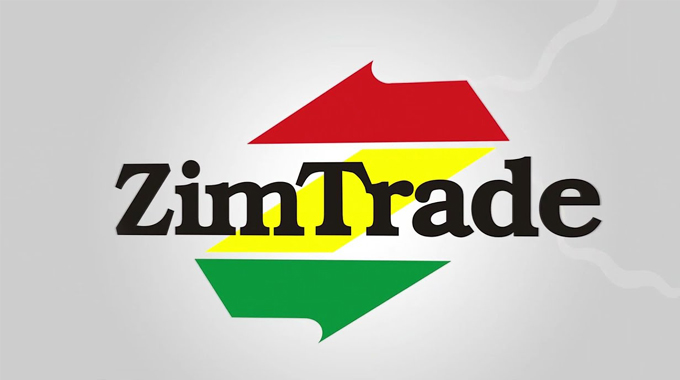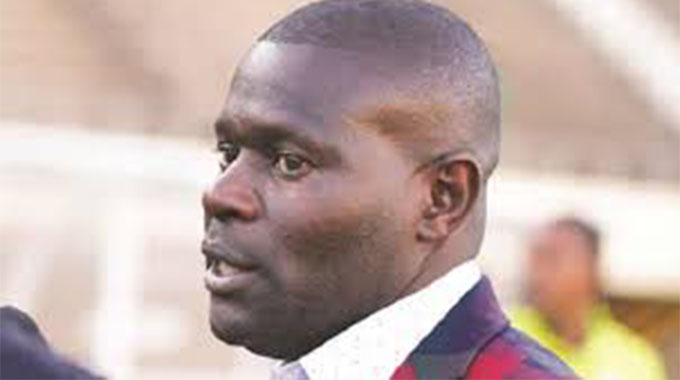Africa’s climate change conundrum ahead of COP-27

Michael Magoronga, Midlands Correspondent
COP-27 set for Egypt this November comes at a time when the world is under siege from the effects of climate change.
Every corner of the globe is reeling from the effects of climate change which have caused hunger, poverty, flooding, uncontrollable fires, extreme weather conditions and distorted rain patterns among other conditions.
During COP-26 held in Glasgow, Scotland last year, coal was identified as one major contributor to the current climatic conditions and global warming.
A consensus was reached then to gradually reduce reliance on coal as a source of energy and move to other cleaner sources of energy like hydro, solar and wind among others.
This left the poor continents like Africa and Asia crying foul as they are still overly relying on coal as their main source of energy and they deemed the decision as unfair. They became vocal about it as a result.
Zimbabwe, South Africa and Botswana are among the countries that have large coal reserves and powerful countries often discourage developing nations from harnessing fossil energy.
In a bid to quell the situation, the Western countries promised US$100 billion every year for Africa to facilitate the migration from coal.

coal
Amid all the confusion, the Russia-Ukraine war broke out compounding the rather dire situation.
The Western countries led by the United Kingdom and the United States of America took a stance and condemned Russia for the attack on Ukraine and imposed sanctions on the nation.
Russia in turn responded by cutting gas supplies on Europe leaving the continent in an energy crisis itself.
This left other countries like Germany with no option but to revert to the use of coal as Russia had dealt them a heavy blow and left them in a quandary.
The situation left Africa in a quandary of its own as the Western countries are now more focused on the Ukraine-Russia war instead of committing to their pledge to Africa.
President Mnangagwa, in his speech at the Africa Green Revolution Forum 2022 Presidential Summit Panel discussion, slammed the West’s “double standards” that discourage African countries from generating power from coal yet the same First
World countries developed through the use of fossil energy.
“The First World wants us to embrace clean energy and yet there is a history of how they developed to where they are. Thermal power, we are told, is dangerous. If they honour their commitment (climate change financing for developing countries) we will use their finance to transition to green energy.”
President Mnangagwa did not mince his words in declaring he did not have any plans to forego the use of coal anytime soon as long as the Western countries are maintaining their stance.

“I for one would not abandon thermal power. Some European countries are going back to thermal power. These are double standards. We should be given enough time to transition from fossil energy use,” he said.
President Mnangagwa said COP27 should be a platform for African leaders to amplify the urgent need to address climate change.
“If they want us to leapfrog to their level, they must pay the cost. Africa must be given the space to transition to green energy.
Africa must speak with one voice at COP27,” he said.
African Union chairperson and President of Senegal, Macky Sall, also expressed disappointment during the Global Centre on
Adaptation conference on how few of their leaders had turned up for the event.
“I cannot help but note with some bitterness the absence of leaders from the industrial world. I think if we made the effort to leave Africa to come to Rotterdam, it would be easier for the Europeans and others to be here because they are the main polluters.”
He said the continent is seeking to raise US$25 billion of investments in the next three years for adaptation projects, including improving agricultural resilience and updating infrastructure.
During the meeting, other African leaders called for their counterparts from richer, polluting nations to increase funding for projects to help them adapt to climate change.
Amid all this, Africa is continuing to suffer from effects of climate change in addition to hunger, poverty and diseases taking their toll on the continent.
Presenting a paper during a recent virtual meeting for journalists, climate scientist Ms Patience Nying’uro said, Africa has the greatest number of climate change vulnerability hotspots.
According to Ms Nying’uro, approximately 337 million people were affected by natural disasters between 2000 to 2019 (floods 80% and droughts 16%) while another six million people were displaced by weather-related disasters between 2018 to 2019 in Africa.
“Food insecurity increases by five to 20% with each flood or drought in sub-Saharan Africa. Associated deterioration in health and in children’s school attendance can worsen longer-term income and gender inequalities. In 2020, there was an almost 40% increase in population affected by food insecurity compared with the previous year,” she said.
Climate change has reduced economic growth across Africa, increasing income inequality between African countries and countries in more temperate climates, she said.
As a panacea, Ms Nying’uro called for a rapid and deep emissions cut to limit severe risks, along with ambitious adaptation action particularly by high emitters.
“Global Goal on Adaptation (GGA) needs to be operationalised. Adaptation should be considered a central theme in climate policy actions, especially in the most vulnerable regions of the globe,” she said.
She however, noted that only 3,8% of global climate change research funding was spent on Africa and only one percent went to African institutions.
Some African countries like South Africa have gone out of their way to solve their own problems.
Recently, following a meeting between President Cyril Ramaphosa and his American counterpart Joe Biden, the United States pledged a US$8,5 billion partnership to help South Africa finance a quicker transition from coal that will provide a model for other countries.

President Cyril Ramaphosa
But countries like Zimbabwe cannot access the same funding due to sanctions imposed on it.
The situation leaves the continent with a puzzle to solve and speak with one voice so that the West can take African needs seriously for a quicker transition from coal to green energy.







Comments